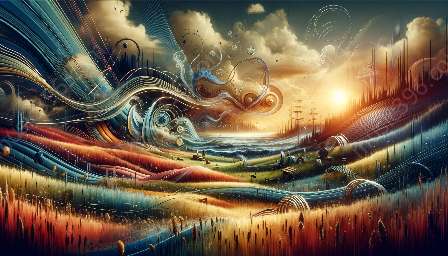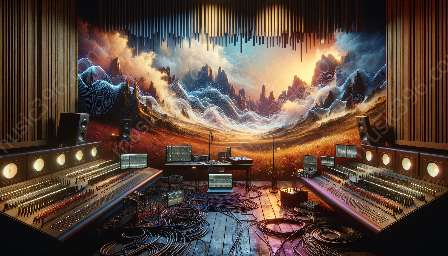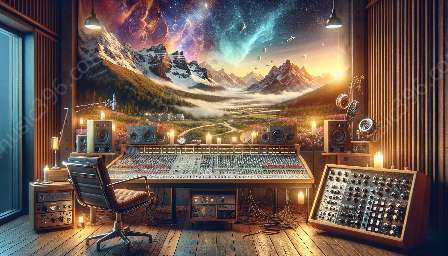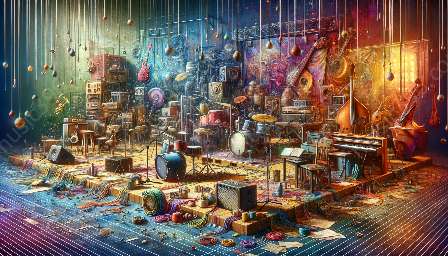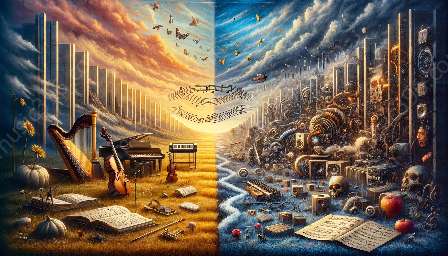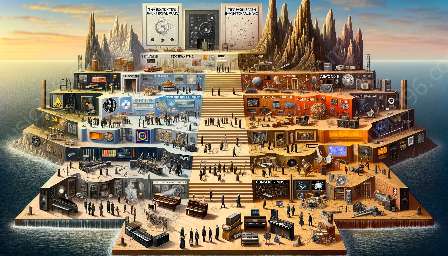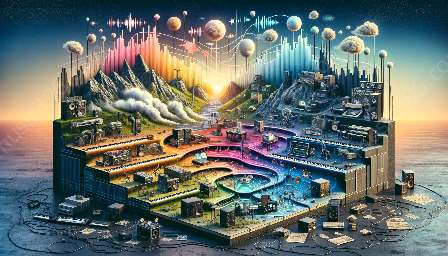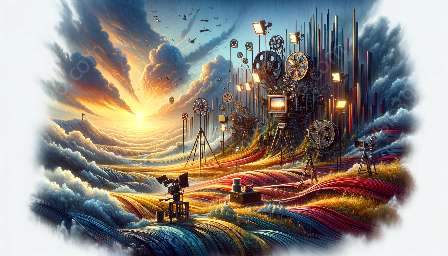Experimental music collaborations present unique challenges when it comes to determining ownership, particularly within the context of intellectual properties and rights in the experimental & industrial music genres.
Introduction
Experimental music is a diverse and boundary-pushing genre that often involves collaboration among multiple musicians, composers, and producers. However, the collaborative nature of experimental music can give rise to complex challenges when it comes to determining ownership of the resulting works. This is further complicated by the evolving landscape of intellectual properties and rights in the music industry.
Challenges in Ownership Determination
1. Lack of Clear Legal Framework
Experimental music often defies traditional categorization, making it challenging to apply existing copyright and intellectual property laws. The absence of a clear legal framework specifically tailored to experimental music collaborations can lead to ambiguity in ownership determination.
2. Fluid and Evolving Roles
In experimental music, roles and contributions are often fluid and evolving. This can make it difficult to attribute ownership to specific individuals or entities, especially when creative input is dynamic and communal.
3. Collective Creativity
Experimental music often thrives on collective creativity, blurring the lines between individual contributions and group efforts. This can complicate the process of identifying and acknowledging ownership, as the collaborative nature of the genre challenges traditional notions of authorship.
Intellectual Properties and Rights
In the context of intellectual properties and rights, experimental music poses distinct considerations:
1. Sampling and Sound Manipulation
Experimental music frequently employs sampling and sound manipulation, raising questions about the ownership of manipulated or borrowed content. The intersection of intellectual property and creativity in this context demands a nuanced approach to rights and permissions.
2. Alternative Distribution Models
Experimental and industrial music often explore unconventional distribution models, challenging traditional copyright frameworks. The evolving nature of digital distribution and online platforms necessitates a reevaluation of ownership and rights in the digital landscape.
Impact on Experimental & Industrial Music
The challenges in ownership determination have significant implications for the experimental & industrial music genres:
1. Creative Freedom
Unclear ownership structures can impact the creative freedom of experimental musicians and collaborators, potentially hindering innovative expressions and boundary-pushing experimentation.
2. Commercial Viability
Ambiguity in ownership can affect the commercial viability of experimental music works, creating barriers to licensing and distribution in a market driven by clear rights attribution.
Conclusion
Determining ownership in experimental music collaborations is a multifaceted challenge that intersects with intellectual properties, rights, and the unique characteristics of the experimental & industrial music genres. Addressing these challenges requires a comprehensive understanding of collaborative creativity and a reevaluation of legal frameworks to support the dynamic nature of experimental music.








